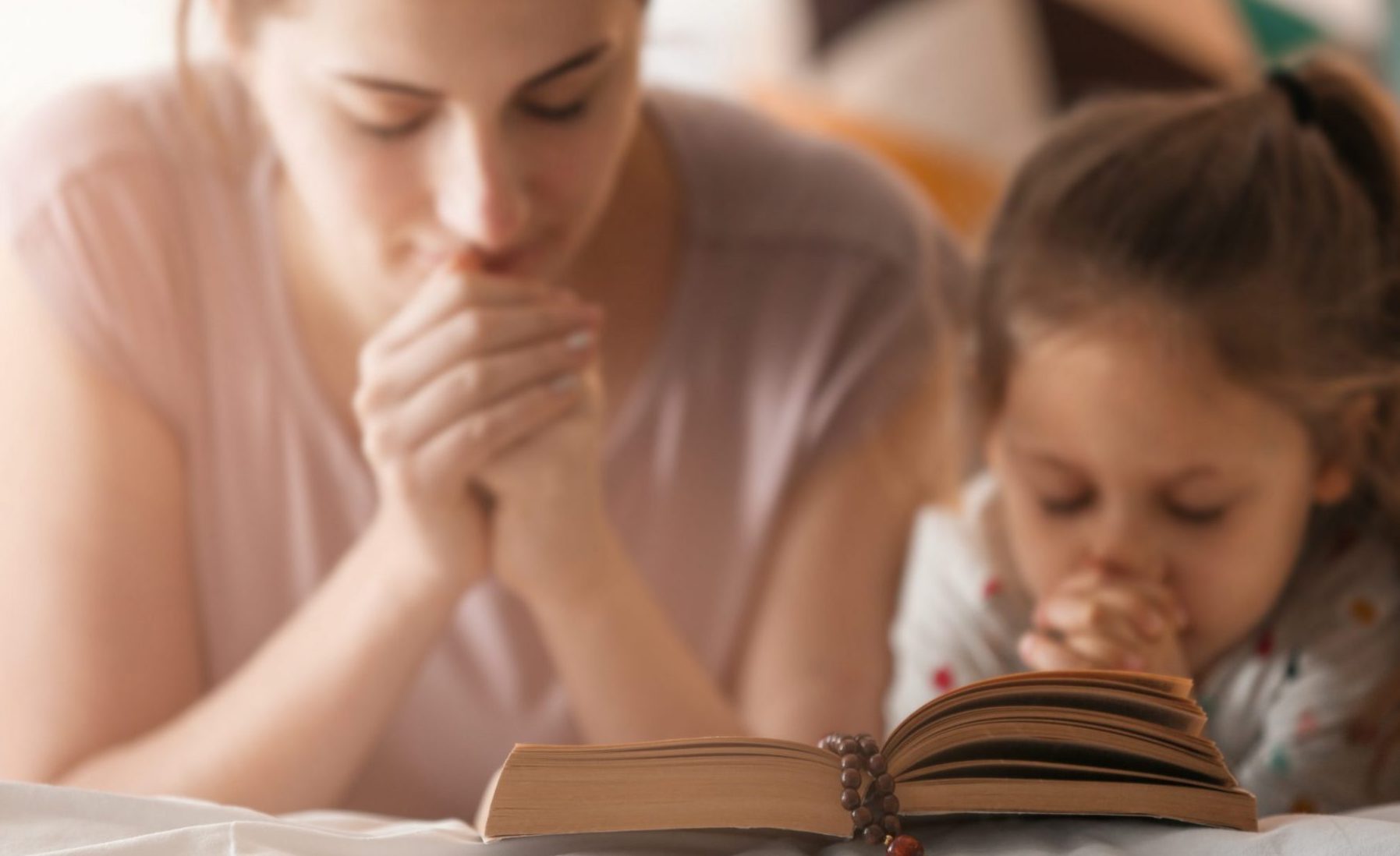How Do Courts Handle Religious Upbringing in a Child Custody Case?

Looking for a specific post?
If you are planning for a divorce and you share minor children with your ex, you will need to learn more about how child custody cases work in Illinois. You may already know that the Illinois Marriage and Dissolution of Marriage Act (IMDMA) does not include any information about child custody but rather includes information about the allocation of parental responsibilities. Under the IMDMA, parental responsibilities include significant decision-making responsibilities, which involve making important decisions about the child’s upbringing and long-term well-being, and parenting time, which involves exercising caretaking functions for the child.
When it comes to the child’s religious life, the IMDMA provides specific information about how courts should handle a child’s religious upbringing in a custody case. If you or your spouse are religious, or if you have concerns about your child’s religious upbringing, we want to provide you with more information about how religion plays a role in the allocation of parental responsibilities.
Religious Upbringing is Part of a Parent’s Significant Decision-Making Responsibilities
According to the IMDMA, religious upbringing is defined as which denomination of religion the child follows, whether the child attends a religious school or any other type of religious training, and whether the child observes any religious traditions or practices when at home.
The IMDMA also expressly clarifies that religion is one of the significant decision-making responsibilities that a parent (or parents) can have. Depending upon the particular family’s situation, the parents can share significant decision-making responsibilities that include the child’s religious upbringing, just one of the parents can be allocated the significant decision-making responsibilities associated with the child’s religious upbringing, or religious upbringing responsibilities may not be allocated at all.
With the changes to child custody resulting in the allocation of parental responsibilities, courts have more flexibility to say that parents may share significant decision-making responsibilities, but either one or both parents may be responsible for making decisions about their child’s religion, or that religious upbringing might not be included as part of the court order.
Courts Only Allocate Significant Decision-Making Responsibilities Concerning Religion in Some Circumstances
Not all allocation judgments in Illinois include an allocation of responsibility for the child’s religious upbringing. Rather, as the IMDMA explains, that the court can not initiate such an order if the parents are not in agreement about these issues of the child’s religious upbringing.
Accordingly, your allocation judgment will only include religion if you and your spouse are in agreement about your child’s religious upbringing. Do you have questions about how to establish that you have an express or implied agreement concerning your child’s religious upbringing prior to your divorce? Our divorce lawyers in Chicago can help.
Contact a Chicago Family Law Attorney
If you have questions about the allocation of parental responsibilities or the issue of religion and religious upbringing, our Chicago family lawyers can assist you. Contact Arami Law, Inc. today for more information.


